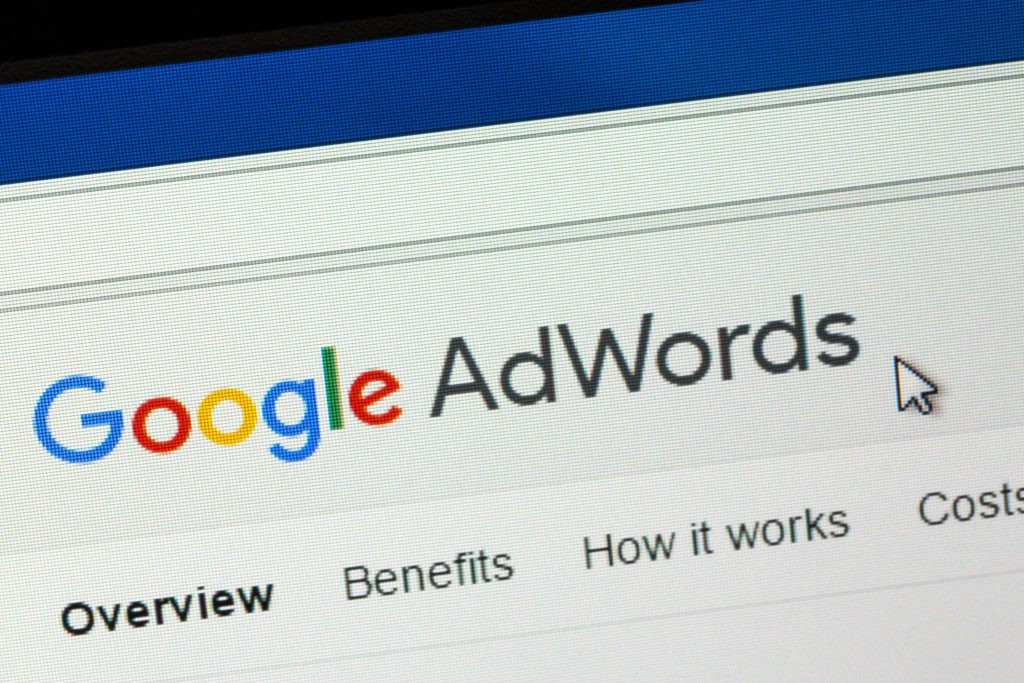That online marketing is cheap—or even free—is one of the biggest misconceptions in the world. In reality, the average budget for e-commerce or Internet marketing strategies is about $30,000 for a small- to medium-scale business.
For a start-up or a fledgling company run by fewer than 10 people, that’s a whole lot of money. The good news is they can explore many ways to get their feet on the Internet marketing door while on a shoestring budget:
1. Start with the Core Product or Service
It’s normal for businesses to offer a slew of products or services from the get-go. Usually, the reason is they want to capture as many markets as possible.
The problem with this strategy is you also spread your hard-earned capital to those that may not generate the revenues you want. In other words, you end up wasting money.
Second, you might not be able to pay attention to the growth and changes of your marketing campaigns. One strategy may suffer because of the other, and that is equal to a lost opportunity to convert for you.
When you want to market online but don’t have a lot of money, begin with the core products and services first. Check out Hint, for example. The company sells one of the most common commodities, which is water. However, it strives to make itself different from the others by focusing on one of its few cores, which is offering office water delivery.
2. Maximize Free Tools Online
The Internet is a wealth of legitimate resources, some of which you can use for your online marketing efforts. Although you may need to buy the paid plans at some point to access more extensive features, in many platforms, the free version may be enough for your basic needs in the beginning:
- Canva, for creating different visuals from infographics to Facebook covers, Instagram Stories, and brochures
- Trello or Asana, for helping you manage projects and effective collaboration with your staff
- Hootsuite, for scheduling your social media posts (although the free plan is only for one user and lets you schedule up to 30 posts across three channels)
- Semrush, for looking SEO-driven keywords
- Answer the Public, for determining the queries or information Internet users are looking for
- Yoast, for optimizing your pages for SEO
- Google Analytics, for analyzing the performance of your pages and online marketing strategies
- WordPress, for creating a blog
- Social media such as Facebook or Twitter, for engaging with your leads and customers
- Skype, for communicating with your suppliers and customers
- Zoom, for hosting webinars, online courses, and meetings
3. Combine SEO with Paid Ads
Search engine optimization (SEO) is one of the essential foundations for online marketing. Without it, you cannot build a long-term Internet presence and lose the chance to convert the millions of users.
However, to see the results of SEO takes time. Usually, you need to work on it for six months. You are also at the mercy of the changing algorithms and regular SEO updates from Google. If these changes are major, you need to adjust your SEO strategies to avoid experiencing a massive drop in the rankings.
For this reason, you have to pair your SEO efforts with paid ads. Wordstream has an excellent guide on pricing and strategies in choosing the best keywords according to your goals and budget. The bottom line is, although you depart money with ads, you can also have greater control over how you spend it, so you can make it work for you and let it give you value.
4. Don’t Forget LinkedIn
With billions of active users worldwide, social media is no longer an option when it comes to online marketing. You need to add it to your list of to-dos. However, when one thinks of social media, they immediately remember Facebook, Pinterest, Instagram, and Twitter.
There are other social media options, and one of these is LinkedIn. This site for professionals and businesses is highly ideal for companies engaged in B2B transactions.
You can also use it to look for partnerships, joint ventures, or collaborations. The biggest benefit of doing this is you can use the existing tools and knowledge the other individual or company has in exchange for yours.
If you’re looking to build a team, you can check people’s CVs and invite them to your recruitment process. The website also offers plenty of professional courses to help you improve or gain a new skill.
Online marketing isn’t free, but you don’t need to wait until you have a huge capital before you can start doing it. Once you gain traction, though, scale up and allocate a bigger budget. This way, you will have more strategies to explore and invest in better platforms.



